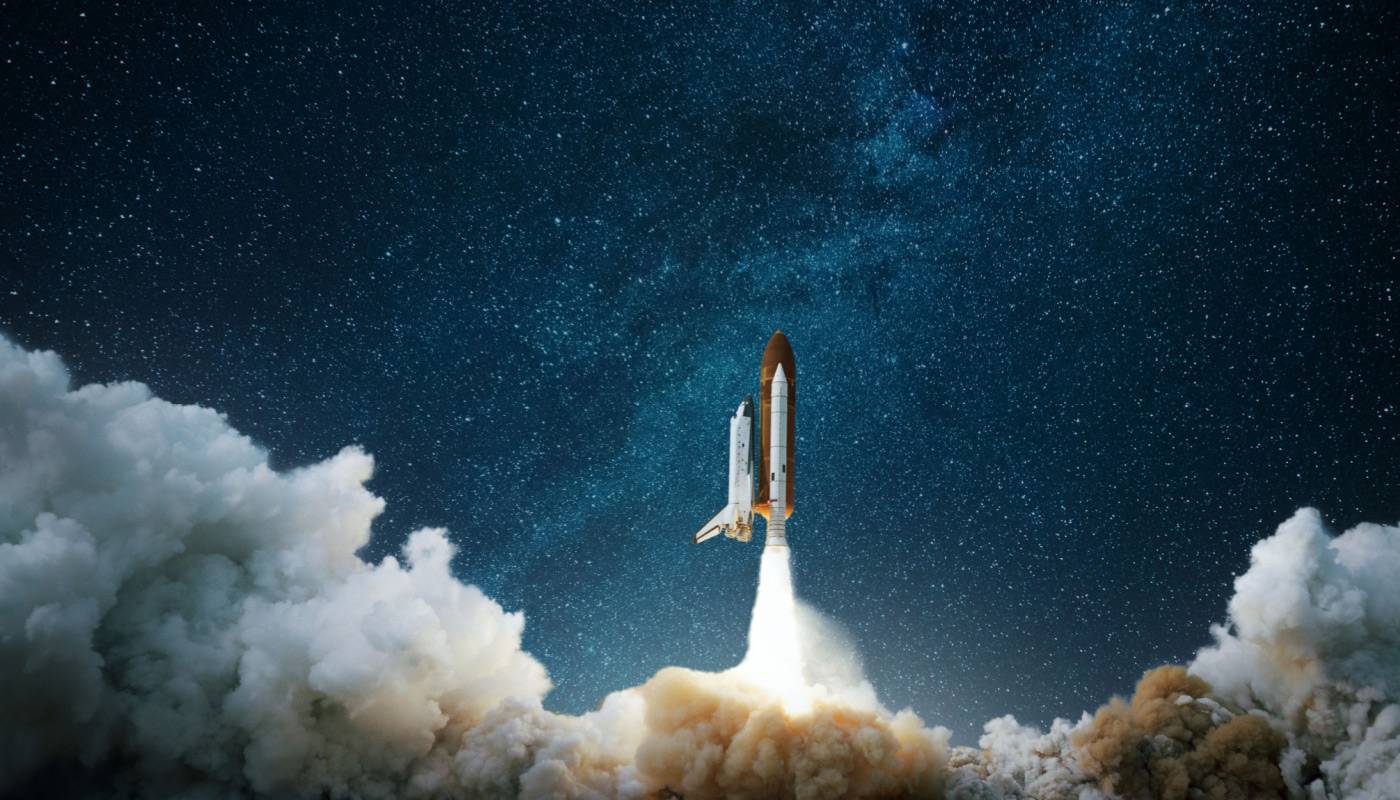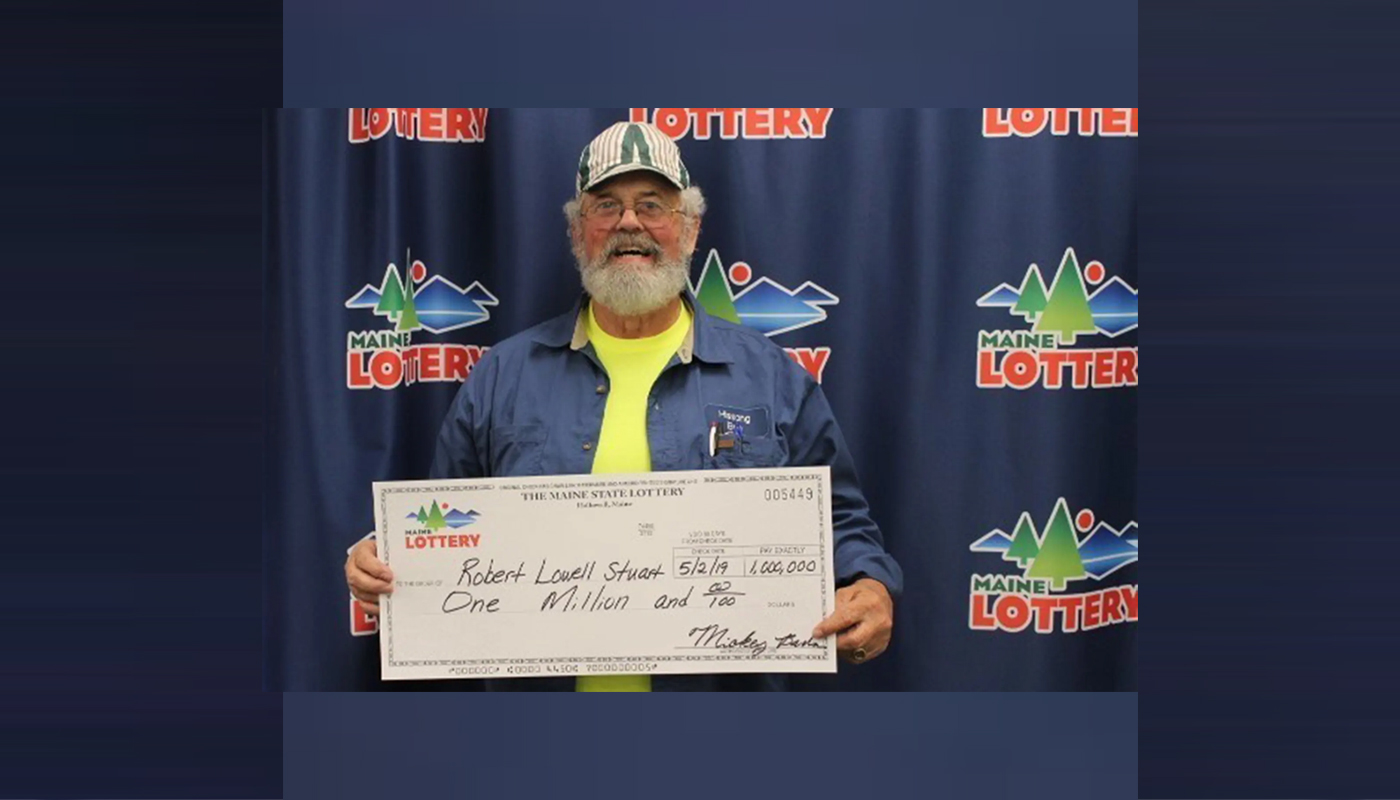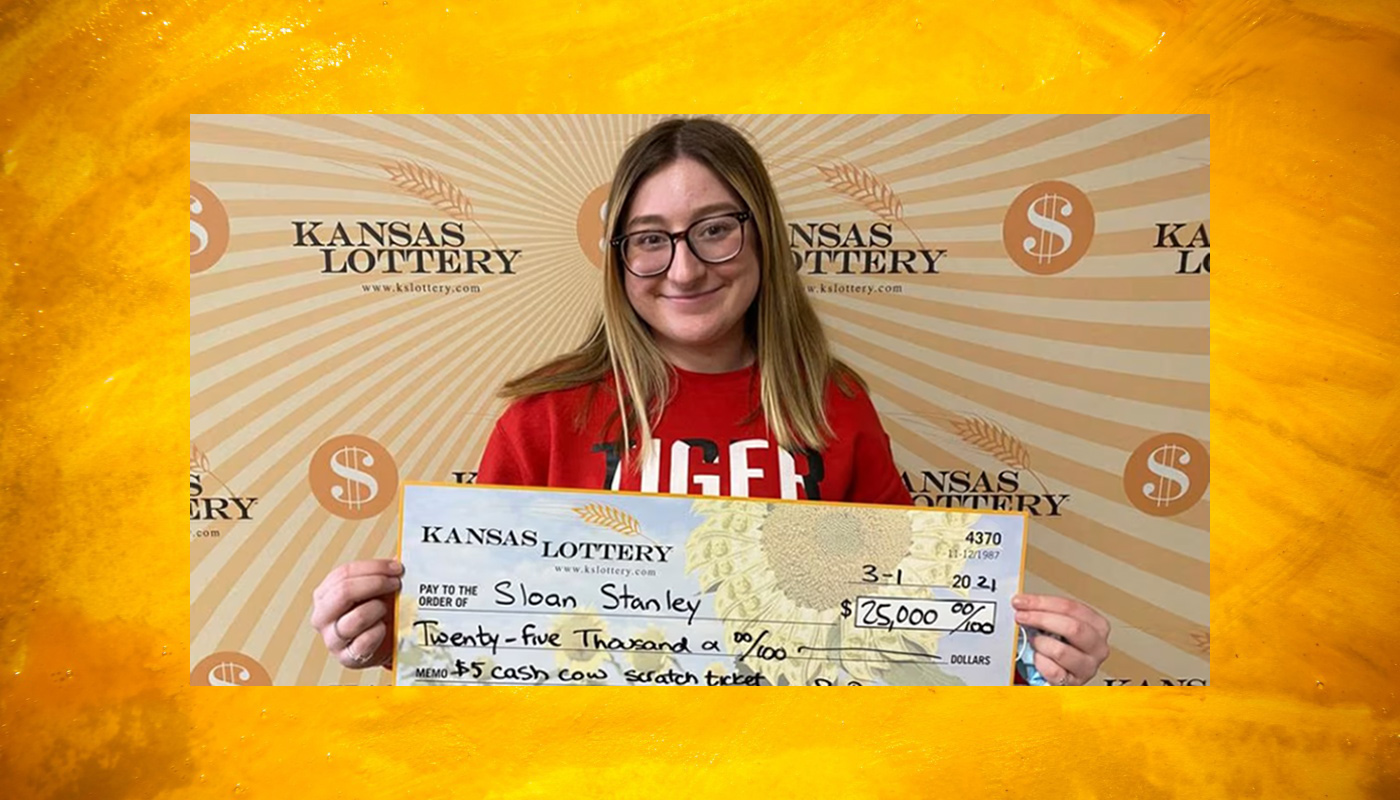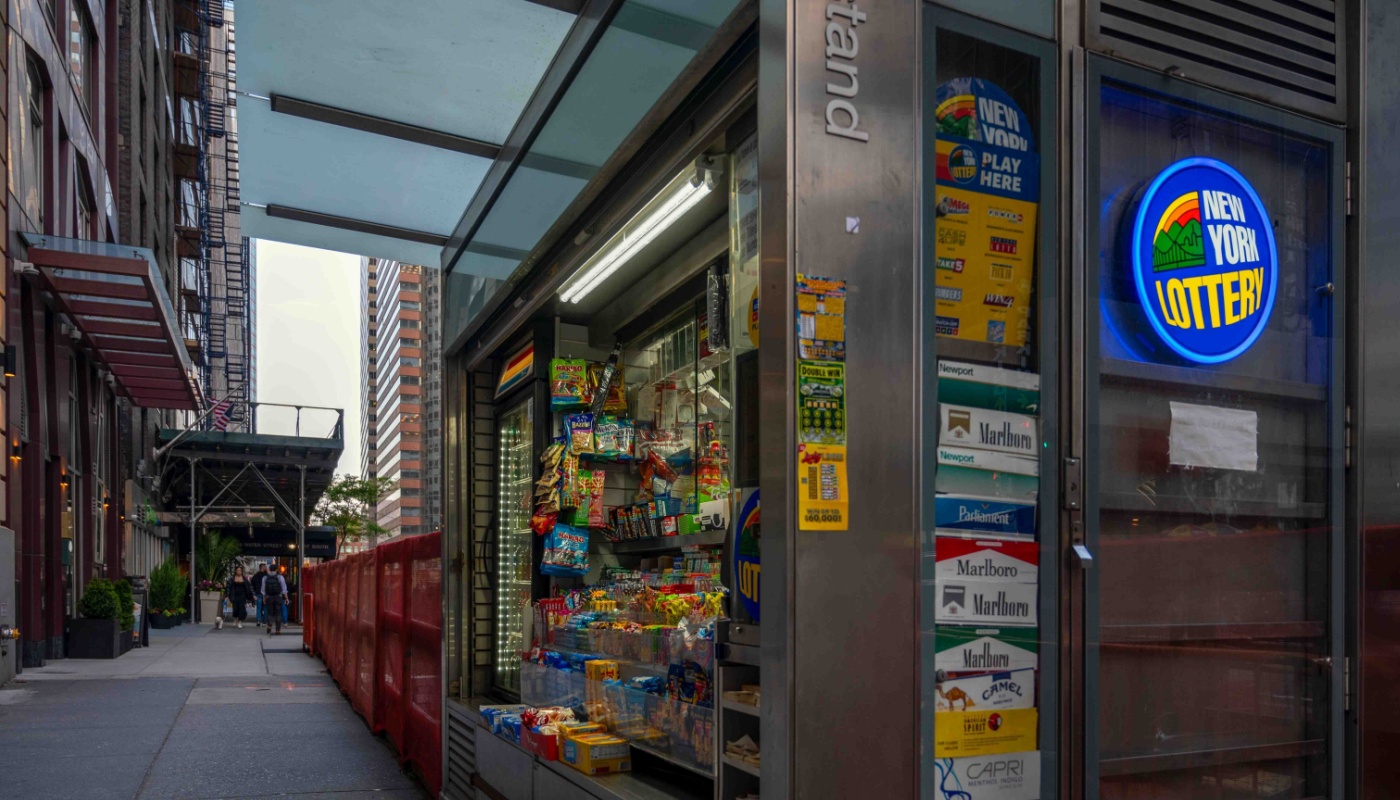
News writer
When we look up at the night sky, we are aware of the vastness of space. People’s fascination for space travel dates back decades. Traveling through the stars is a fascinating prospect because it is full of many unknowns. Though we are currently not able to go far, the prospect of seeing Earth from off-planet is a dream come true.
Space tourism is becoming a trend for those who can afford it. If you’re a lottery jackpot winner and you’re fascinated by space travel, $450,000 or more could get you a seat on a space flight with Virgin Galactic or SpaceX, among others. But what’s it like to travel into space, and how long does it take? Read on to find out.
Space travel for tourists today
Space tourism refers to traveling into space for fun. It’s also sometimes called personal spaceflight or citizen space exploration. You may be surprised to know that the notion of Space Tourism is more than twenty years old. The Russian Space Agency (RSA) was the first company to successfully facilitate orbital space tourism in 2000 by sending seven tourists into space. The RSA stopped space tourist trips in 2010, but since then, numerous private companies have begun to offer citizens space travel. So, what types of space tourism are there, and which ones exist today?
Three types of space travel
There are currently three types of space travel. These are:
- Orbital: To achieve orbital space flight, a spacecraft must achieve orbital velocity. This is the speed needed to maintain an orbit around the Earth.
- Suborbital: A suborbital spacecraft does not reach orbital velocity. The craft reaches outer space, but its flight path remains within the Earth’s range of gravity.
- Lunar: Lunar space travel involves journeying to the moon.
Space tourism companies to take you off Earth now
There are a number of private companies that offer space tourism travel. Whether the trip is orbital or suborbital depends on the company and the spacecraft they have available. Here are a few ways to leave Earth:
Virgin Galactic
Founded by Richard Branson, Virgin Galactic’s motto is “turning the impossible into the inevitable.” They are certainly attempting that with their spaceline for Earth project.
- Pre-flight: You will spend several days training with astronaut members of the Virgin Galactic team at their purpose-built commercial spaceport in New Mexico. You will learn about space flight conditions and how to deal with zero gravity.
- The craft: For your flight, you will be aboard the VMS Eve. The craft is a custom-built, four-engine, jet-carrier aircraft. It has been designed with a special heavy-payload and high-altitude capacity. It has comfortable seating in a climate-controlled cabin.
- The flight: After one minute of high-speed travel, you will experience the silence and stillness of space. While in space, you can leave your seat and enjoy zero-gravity movement. The craft has 17 windows and multiple hand-grabs so you can experience space from different viewpoints. The flight lasts around 90 minutes from take-off to landing.
Blue Origin
Jeff Bezos’ Blue Origin has been testing their New Shepard rocket – named after astronaut Alan Shepard – since 2012. To date, the company has completed 22 successful missions.
- Pre-flight: Pre-flight training is just two days and takes place at the Astronaut Village on the historic Figure 2 Ranch near Van Horn, Texas. Space flight experts will teach you everything you need to know about zero gravity, and you can try out the mission simulator.
- The craft: The New Shepard has room for six space tourists. The pressurized cabin has comfortable seating and is climate-controlled. Each passenger gets their own window seat so you can enjoy a spectacular view of Earth.
- The flight: The flight lasts for 11 minutes. During that time, you will travel at three times the speed of sound. The craft will pass the Kármán Line at 62 miles. It will float weightlessly for a few minutes, then use parachutes to gently descend back to Earth.
Space tourism companies to take you off Earth in the future
Several other companies have plans underway to offer space tourist trips of one form or another. Here’s what the future of space tourism may hold:
SpaceX
Elon Musk, owner of SpaceX, has already made impressive inroads into space tourism. In 2020, his spacecraft took a few NASA astronauts to and from the International Space Station (ISS) for the first time since 2011. SpaceX also has the capability to make commercial sub-orbital and orbital flights.
The spacecrafts
- The Dragon spacecraft can carry up to seven passengers. It has the capability to travel to Earth’s orbit and beyond. This was the first private spacecraft to take astronauts to the ISS. Dragon orbits the Earth in 90 minutes, so customizable flight routes are possible depending on which view of the Earth passengers prefer. It’s not clear when the next flights will be available.
- Starship spacecraft (with its Super Heavy rocket) is a reusable space transport system designed to carry cargo and crew to the Earth’s orbit, the moon, and Mars. According to Musk, the spacecraft is set to be the world’s most powerful launch vehicle to date. This ship is currently being tested. Plans are in place to transport two astronauts to the moon in 2024.
Space adventures
The last people to walk on the moon were Harrison Schmitt and Gene Cernan in December 1972. Since then, the closest that anyone has been to the moon is low-Earth orbit (an altitude of less than 1,000 km above the Earth.) Founded in 1998, Space Adventures is a private space flight company that plans to change this.
The team plans to offer two types of space flight experience for private citizens:
- Circumlunar travel: This trip will take you to within a few hundred kilometers of the lunar surface. You will be able to see the spectacular view of the moon’s illuminated far side and watch as the Earth rises above the moon’s surface.
- Space station travel: The International Space Station (ISS) is positioned in low-Earth orbit. It circles the Earth every 90 minutes. A visit to the ISS with Space Adventures promises to be like no other space experience. When you reach low-Earth orbit, you will be traveling at 17,500 miles per hour, over 250 miles above the Earth’s surface, and you will be completely weightless.
For those who want to experience weightlessness without going into space, Space Adventures offers the ZERO-G Experience®. You can experience the amazing effects of weightlessness here on Earth inside ZERO-G’s modified Boeing 727-200. The device creates a weightless environment by performing parabolic arcs so you can float and flip just as if you were in space.
Zero2Infinity
Another great way to get a different perspective of the Earth is Zero2Infinity’s Bloon flight. The private Spanish company has developed high-altitude balloons to reach near space and low-Earth orbit using a balloon-hoisted pod and a balloon-hoisted launcher.
Bloon carries two pilots and up to four passengers. During the four-hour trip, you will be seated in a climate-controlled pod as you fly to an altitude of up to 36 kilometers. You’ll have a unique view of Earth and the opportunity to conduct scientific experiments if you wish to. You can also enjoy a delicious meal.
Zero2Infinity is currently testing at several different launch sites at airports and Air Force bases throughout Spain. They are also considering acquiring several spots for commercial Bloon bases. Your landing spot will be a maximum of 300 kilometers from your launch site. The exact distance will depend upon wind conditions.
What’s it like in space?
It’s difficult to imagine what a profound experience like being in space must be like. Let’s take a look at a couple of people who have already been on a space tourism flight:
- On Aug. 25, 2023, 18-year-old British student Ana Mayers took a trip to space with Virgin Galactic. In an interview with BBC News, she describes her experience: “Being in space and seeing the Earth with your own eyes is such a peaceful and loving experience.”
- On Oct. 13, 2021, William Shatner of Star Trek fame took an outer space flight on Jeff Bezos’ Blue Origin space shuttle. In his book Boldly Go: Reflections on a Life of Awe and Wonder, he describes his experience: “I saw a cold, dark, black emptiness. It was unlike any blackness you can see or feel on Earth. It was deep, enveloping, all-encompassing. I turned back toward the light of home. I could see the curvature of the Earth, the beige of the desert, the white of the clouds, and the blue of the sky. It was life. Nurturing, sustaining life. Mother Earth. Gaia.”
It seems that the consensus is that a trip into space is a beautiful and life-changing experience. Perhaps it’s time you make plans for your off-planet excursion.




















Comments